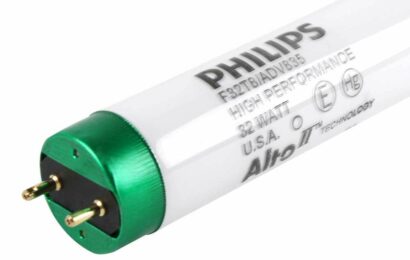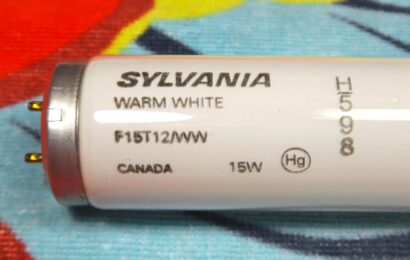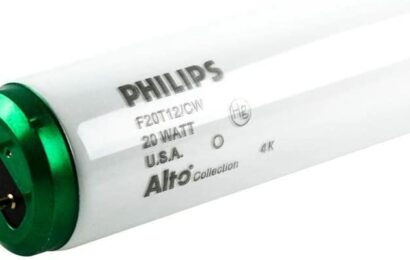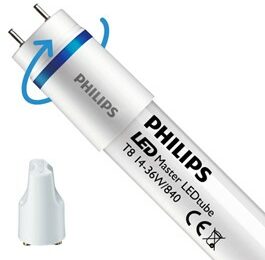Have you ever heard a strange knocking sound or tick from your vehicle’s engine? The strange sound might be a rod knock or lifter tick in action.
Rod knock occurs when an engine’s connecting rod contacts another surface while valve covers cause lifter ticks. Both sounds are not good for your engine and could lead to severe problems without immediate maintenance and repairs.
These sounds might be difficult to notice, particularly if you never rev your vehicle. However, you’ll need more info about these sounds to help someone you know has such sound problems.
That’s why this post provides answers to all your questions about rod knock and lifter tick. You’ll know what to do about such noises with the tips these answers provide.
Does rod knock and lifter tick sound the same?
Rod knocks and lifter ticks do not sound the same. Lifter ticks usually happen as light, repeated ticking from your engine while rod knocks are way louder.
Can lifter ticks sound like rod knocks?
Lifter ticks do not sound like rod knocks no matter how loud they get. Lifter ticks cannot achieve the knocking or clacking sounds rod knocks give off.
Rod knocks commonly have different rhythms from lifter ticks. While ticks are quick and repetitive, knocks will be slower and sound louder with more engine activity.
How do you know if you have rod knock or lifter tick?
Expert assistance is necessary to find out if your vehicle currently gives off rod knock or lifter tick sounds. Rod knocks are much harder to check and some inexperienced repairmen might not identify it with ease.
Can you hear rod knock at idle?
A car idling might give out rod knock sounds at different levels. In some cases, the rod knock experienced might be too massive to ignore and could lead to significant repair expenses.
Rod knock is also audible while decelerating, accelerating, and at engine startup.
Can you hear lifter tick at idle?
Lifter tick can be audible while a vehicle idles. Engines use several lifters to regulate valves in their assembly. These valves might wear out and cause contact between metals outside its main housing.
Worn-out lifters can make ticking noises with metal-to-metal contact and worsen as a vehicle accelerates. Lifter ticks shouldn’t be ignored as a vehicle idles; seek an auto mechanic’s services immediately.
Adjusting the valve train on such engines might be enough to stop the ticking problem.
Does rod knock or lifter tick stop with RPM?
Rotations per minute (RPM) will make rod knock sounds get worse. Increased oscillations will aggravate the rod knock problem and cause its sounds to grow louder while you drive.
Higher RPM from an engine increases heat buildup. The heat buildup in such an engine will make the knock more audible as time passes.
However, some vehicles might experience reduced rod knocks when the RPM increases. Such a vehicle may have developed exhaust problems capable of reducing rod knocks from its engine.
Lifter ticks also become louder as the RPM of a vehicle increases. Heat buildup is a major contributor to the faster, louder ticks experienced as a vehicle gathers more steam.
How long will an engine run with rod knock or lifter tick?
An engine can run between 7,000 and 16,000 miles with a rod knock problem.
In other cases, you could run an engine with rod knock for more than 6 months. However, drivers must never rev the affected vehicle while it’s set to neutral throughout this time.
Revving the engine when it’s cold or in neutral might aggravate the rod knock issue and directly affect its assembly. You’ll also not drive hard throughout this period to use your vehicle with the rod knock problem.
Lifter ticks from an engine can allow over 20,000 miles of use before developing major issues. But it’s always a smart idea to keep your engine in great shape by providing it correct maintenance.
It’s best to contact an experienced technician whenever you notice any ticks or knocks from your engine.
Can you rebuild an engine with rod knock or lifter tick?
You can rebuild engines giving off rod knock or lifter tick sounds. However, the cost of rebuilding engines with lifter tick or rod knock sounds might be too expensive.
Rod knock sounds are usually more expensive to fix than engines that give off lifter ticks only. The reason is rod knocks usually have a greater effect on engines than lifter ticks.
Tapping from lifter ticks might be easy to solve with some light fixes and may require added lubrication in some cases.
Neglecting the sounds from your engine might aggravate the problem in many cases. Failing to rebuild an engine with lifter tick or rod knock might reduce its performance or cause its assembly to blow up.





